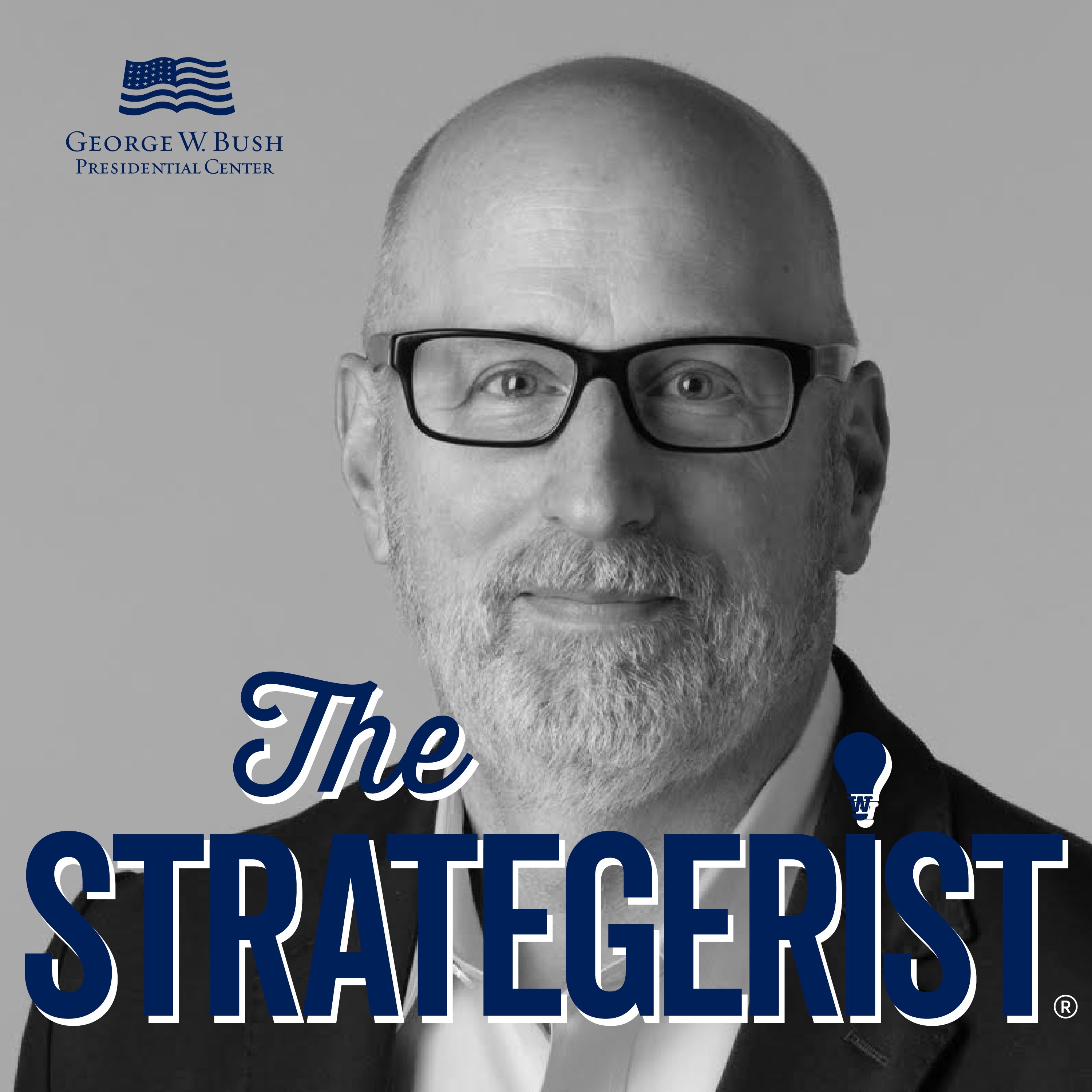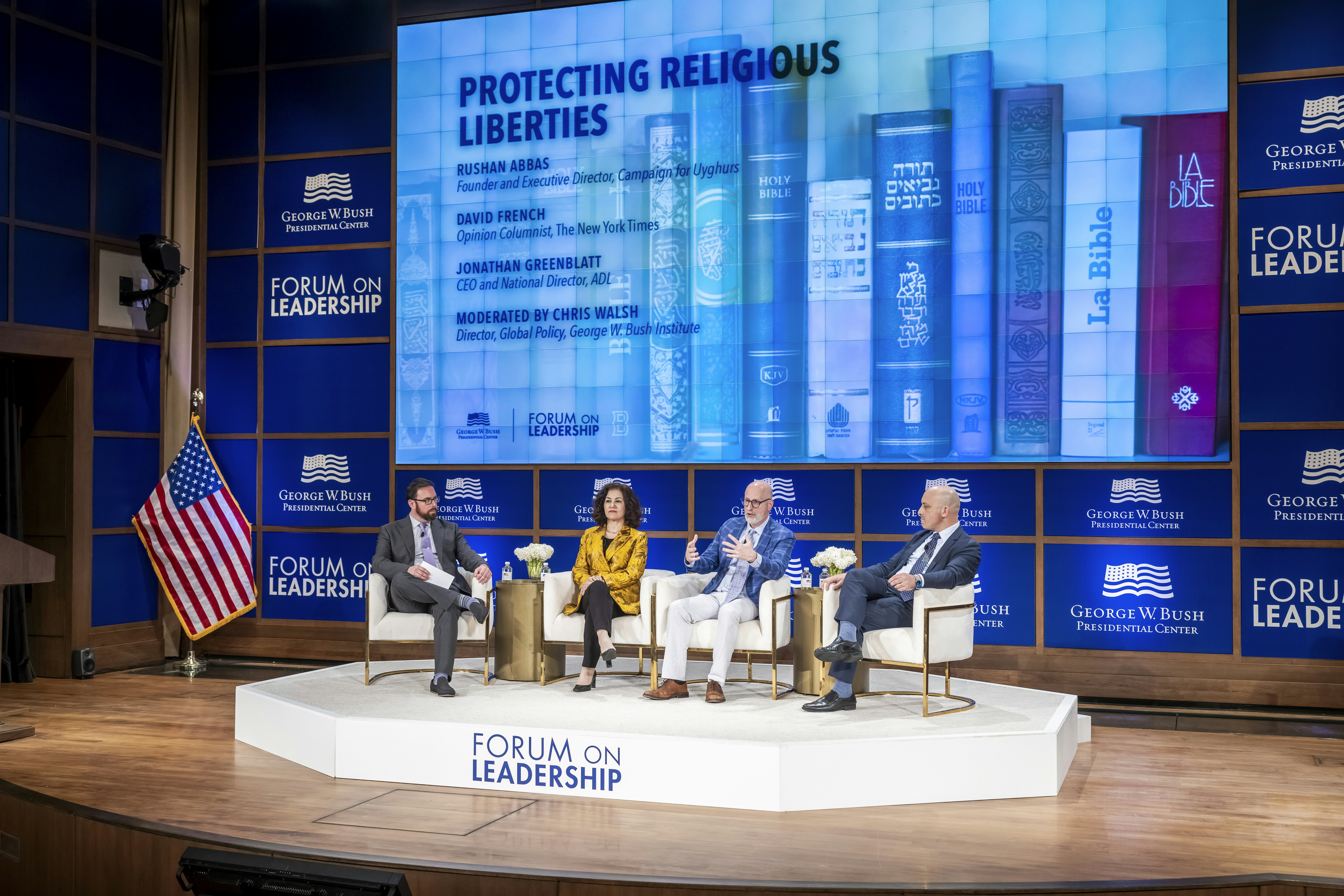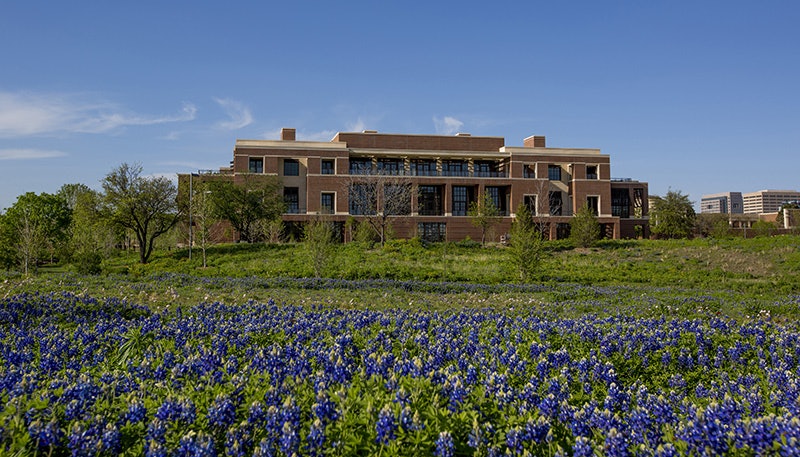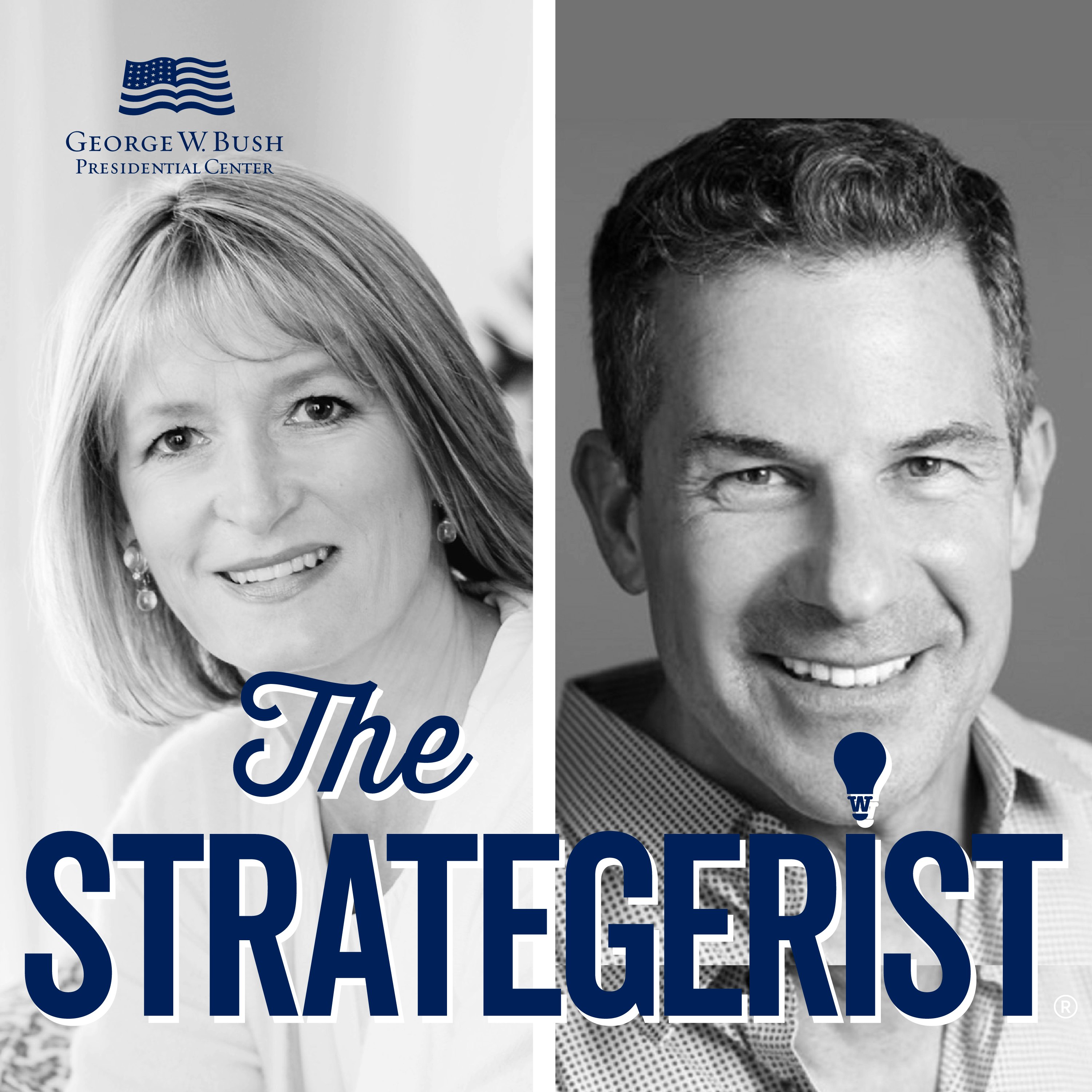In this month’s “Five Questions With…” Halaska Dunn discusses how “work and learning – that which we believe has the power to promote economic and social mobility – has been radically disrupted” and shares leadership lessons learned from her time in the administration.
Terrell Halaska Dunn is yet another BCAer who has combined an entrepreneurial spirit with her commitment to advancing public policy that serves the greater good. After eight years in the Bush Administration, Halaska Dunn co-founded HCM Strategists (HCM), a public policy and advocacy consulting firm focused on advancing solutions in education, workforce and change management. Kristin Hultquist (DoEd) was one of her founding partners and a number of BCAers have joined HCM, including principal Cindi Williams (EOP, DoEd) and Martha Snyder (EOP, DoEd). HCM also regularly works with consultants Jocelyn Pickford (DoEd), Kelly Scott Hoffman (EOP, DoEd) and Tracy Young (EOP, DoEd). In this month’s “Five Questions With…” Halaska Dunn discusses how “work and learning – that which we believe has the power to promote economic and social mobility – has been radically disrupted” and shares leadership lessons learned from her time in the administration.
Q: You launched HCM Strategists right after leaving the Administration. Can you tell us about the firm and how your work has evolved over the years?
I started HCM Strategists (HCM) in 2008. When we were thinking about our next steps, my partners and I looked around and realized that at that time, what we wanted to do didn’t really exist – a combination of policy work, advocacy and communications – you could find one but not all three in the same organization. I also wanted to pull on my experience across the administration (HHS, the White House and Education), so initially we had work in both the education and health spaces.
Today, HCM is an impact-driven consulting firm that believes in the transformative power of education and lifelong learning to improve social and economic mobility for communities that have been marginalized and traditionally underserved. HCM’s work with our clients helps drive national and state narratives, effective stakeholder engagement and innovative education policy in states across the country.
While that core hasn’t changed dramatically over the years, the tools and approaches we use have changed. How to highlight expertise is done differently and modes of communication are drastically different – but policy change at its core is constant.
Q: What do you know today about running a business that you wish you knew when you launched?
How much time do you have? I have learned so much about running a business during the past 15 years.
Most importantly, the quality of the team means everything. I feel so lucky that we have some of the most talented policy and communications people in the country working at HCM.
We were a work-from-home team even before the pandemic because to me, it was more important to have the best team than it was to be tied to one location. That does, though, lead to its own challenges in building community and culture for the organization. Flexibility and creativity allow for a better work product, but there do have to be some consistent rules in place to ensure that everyone on the team has the same access to that flexibility.
Q: HCM focuses on education and lifelong learning. How has COVID-19 impacted those issues. What are the key takeaways?
COVID-19 is having a profound effect on education across the country at all levels.
Wealth gaps are larger than ever with racial, ethnic and geographic dimensions and the path to the middle class is dangerously narrow. Common ground is rapidly disappearing and dramatically different visions for education are developing in D-led and R-led states, threatening the economy, a healthy democracy and civil society.
We are sitting in a period of great uncertainty related to education that was greatly accelerated by the pandemic. Work and learning – that which we believe has the power to promote economic and social mobility – has been radically disrupted.
No Child Left Behind (NCLB) really started to close achievement gaps between white, economically secure students and Black, Hispanic, and lower income students. In the five or so years leading up to the pandemic we saw some of those gains start to disappear as policies started to ease up. Fast forward to today, and the learning loss students are experiencing due to the pandemic is profound. At the same time, enrollments in college have plateaued and even started to decline – especially at community colleges.
We may have finally reached the tipping point as it relates to value in education. Why pay tens of thousands of dollars for a formal credential when all that knowledge is available safely at home on YouTube U? All our education institutions are going to need to transform if they want to survive – both in terms of their financial models and in terms of how knowledge is shared. More and more people are finding their own ways to build their knowledge and skills, outside of formal education pathways. But for the growth and stability of our national economy, we need to reestablish what it means to have a prepared workforce – coming out of K-12 and higher education.
Q: What is a favorite moment or story from your time in the administration?
Other than meeting my husband, David, my favorite memories from the administration relate to the small role I was able to play in the development of the President’s Emergency Plan for AIDS Relief (PEPFAR). While serving at the Department of Health and Human Services, I worked with some amazing people from across the administration (Gary Edson, Dr. Anthony Fauci and Mark Dybul to name a few) to build a policy response to a crisis that saved countless lives. It truly shaped my view that public policy can improve people’s lives if it is based on research, evidence, and experience.
Q: What is a leadership lesson you learned in the administration that still serves you today?
The most important leadership lesson I learned was exhibited by a wide variety of leaders I had the opportunity to serve with in the administration. My success depends on the success of those around me. There is great value and joy in creating opportunities for my team to shine – for them and for me.



























